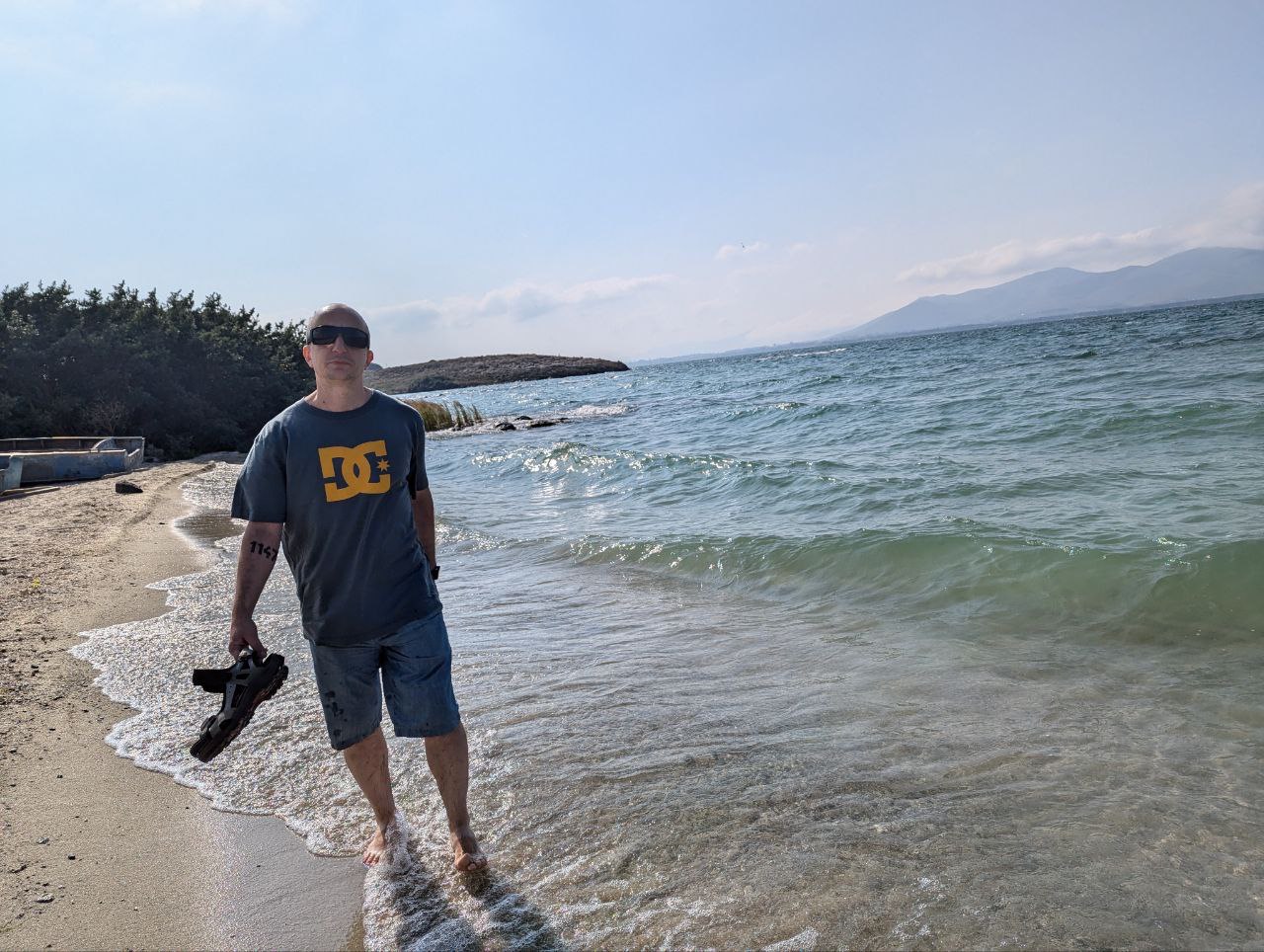

When applying for an EB-1A or O-1 visa, the key is to convincingly demonstrate that you are among the top specialists in your field. But there is a fine line: highlighting your achievements is normal, while distorting facts or using falsified evidence is immigration fraud.
In this article, we explain how to present yourself honestly yet persuasively: which types of evidence USCIS (U.S. Citizenship and Immigration Services) values, and which tactics can jeopardize your entire petition.
In the summer of 2025, media outlets reported on a large-scale review in the EB-1A category. USCIS revoked a number of previously approved petitions due to questionable evidence: publications in artificially created journals, reciprocal citations, inflated rankings, and fake certificates.
Paid awards such as Globee and Stevie were especially common — formally prestigious, but in reality carrying little weight. In some cases, groups of applicants colluded to cite each other’s names in publications to artificially inflate citation counts.
Similar issues have arisen with the O-1 visa. In New York, an attorney was arrested after filing more than 150 petitions for artists using falsified proof of their talents. Many of these petitions were initially approved by USCIS, but once the scheme was uncovered, they turned into criminal cases.
The consequences are serious: visa denials, charges of immigration fraud, and even prison terms for money laundering. Large-scale exposures like these can lead to stricter reviews and even the potential revision or cancellation of extraordinary ability categories altogether.
What tactics do dishonest “consultants” or applicants themselves use? Based on investigations and USCIS practice, several recurring schemes can be identified.
In U.S. immigration practice, emphasizing your achievements is not only acceptable but expected. The core message of EB-1A/NIW petitions or O-1 applications is to tell a story of success. Naturally, applicants present themselves in a positive light: “I made a significant contribution to the field,” “I am working on an important project,” “I received recognition from peers.” This is normal “marketing” language. The key, however, is balance: the claims must be verifiable.
Experts stress that “misrepresentation of qualifications” includes not only falsified documents but also serious exaggeration of accomplishments.
For example: it is legitimate to list yourself as a co-author of an article in a peer-reviewed journal. But calling a blog post or a self-published brochure a “scientific publication” is deception. Similarly, it is fine to describe a genuine conference presentation — but fabricating attendance records or inventing an event is a huge risk.
Any major distortion of facts increases the likelihood of an RFE (Request for Evidence). In the internet age, the authenticity of awards, diplomas, or certificates can be checked in minutes. “Quick wins” through purchased documents almost always end in failure.
Professional consultants focus on strategy, not falsification.
Experience shows that success does not require a Nobel or a Pulitzer. What matters are real achievements and credible evidence. The right sequence is: first, achieve results in legitimate contests and conferences — and only then present them attractively to the visa officer.
The USCIS criteria for EB-1A, EB-2 NIW, or O-1 are clearly defined: media recognition, citations, awards, membership in reputable associations, judging experience, and so on. This information is openly available on the official USCIS website. If someone offers you “alternative evidence” not listed there, it’s a red flag.
If the “president” of the Global Science Awards writes to you personally, ask yourself whether the award even exists. Research competitions and reviews online — legitimate international awards have a verifiable track record, while cheap “internet nominations” often leave no trace.
3. Paid publications and judging roles are warning signs
USCIS evaluates actual selectivity. Simply being listed as an “expert” on a website without a vetting process, or publishing a paid article in an online outlet, is weak evidence. Real journals and competitions are easy to verify and always come with independent confirmation.
Immigration attorneys agree: there is no such thing as a 100% guarantee of visa approval. Anyone promising a certain result is hiding something. If you are offered “magic schemes” — like buying documents or leveraging supposed “connections at USCIS” — it’s almost certainly fraud.
A reliable attorney will:
A dubious agent relies on vague phrases like “we’ll take care of everything” and provides no real documentation.
The mildest outcome: USCIS may issue an RFE (Request for Evidence) or a NOID (Notice of Intent to Deny). Any inconsistency — unclear publications, weak letters, unverified achievements — can lead to denial. Even after approval of the I-140 or the issuance of a green card, USCIS reserves the right to review the case and revoke status if fraud is discovered.
Under immigration law (INA §212(a)(6)(C)(i)), providing false information in a visa application makes a person permanently inadmissible — in other words, it permanently bars entry to the U.S., unless an extremely difficult waiver process is completed. It does not matter if the applicant was on H-1B status or already held a green card: fraud can surface years later and ruin the case.
If involvement in a fraudulent scheme is proven, USCIS may forward the case to the FBI or federal prosecutors. This can result in charges of conspiracy and defrauding the government, with criminal sentences for organizers and participants alike.
When visa criteria demand convincing evidence, building a solid strategy is far more important than chasing “magic shortcuts.”
At Relogate, we have already helped numerous professionals and entrepreneurs secure residency and relocate to the U.S., the U.K., and France. Our approach includes:
We never promise the impossible, but we do everything we can to maximize your chances — by focusing on the quality of evidence and attention to detail.
If you’d like to discuss your case and build a strategy, book a free consultation with us. We will answer your questions, review the documents and arguments needed for your petition, and suggest the first steps forward.